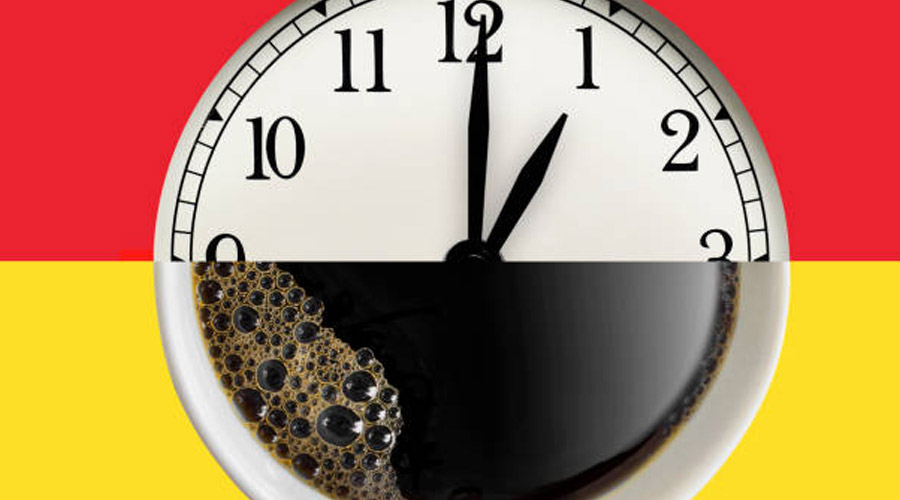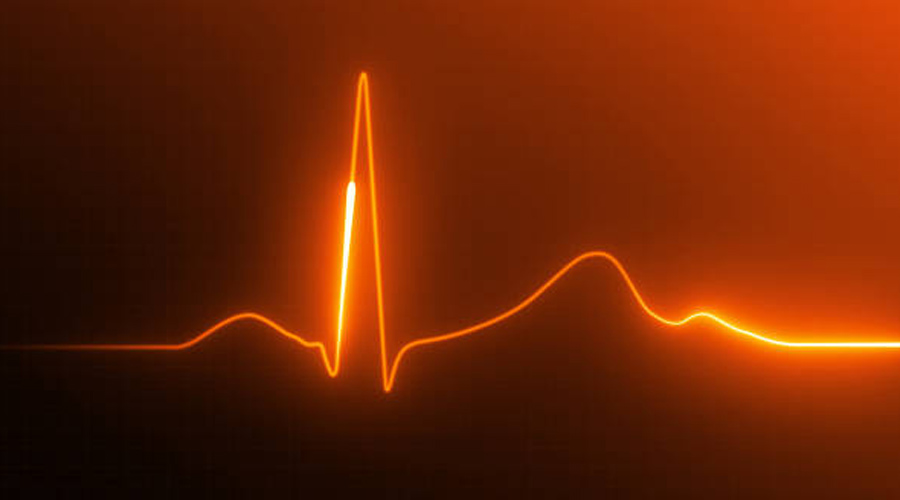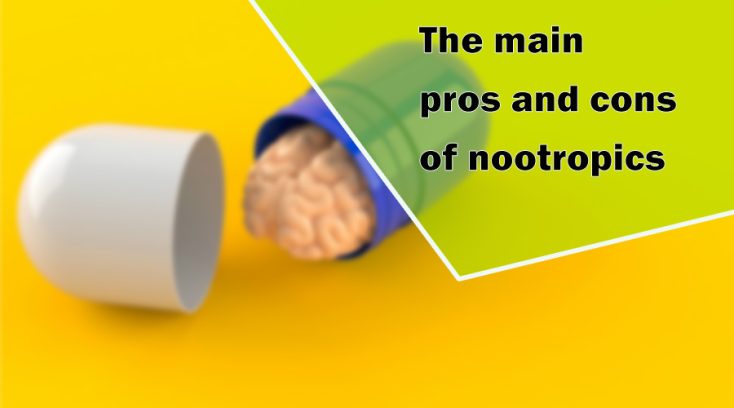Caffeine is a stimulant that is found in many different forms, including coffee, tea, and energy drinks. It can be helpful when it is used in moderation, but too much caffeine can have negative effects. The most common caffeine side effects are headaches, feeling jittery, trouble sleeping, and increased anxiety.
Table of Contents
What is caffeine?

In essence, caffeine is a stimulant drug that is found in coffee, tea, chocolate, and cola beverages. It is also present in some medications, including headache remedies.
Caffeine works by blocking the action of a neurotransmitter called adenosine. This leads to an increase in other neurotransmitters such as dopamine and norepinephrine, which are responsible for the stimulant effects of caffeine.
How should I use caffeine?

When most people think of caffeine, they think of coffee. Coffee is the most popular source of caffeine, but it’s not the only one. Caffeine is also found in tea, chocolate, and some sodas. How much caffeine is in these products varies.
A cup of coffee can have anywhere from 80 to 200 milligrams of caffeine, while a cup of tea has about half that amount. Chocolate has about the same amount as coffee. Some sodas have more caffeine than others. Mountain Dew has 55 milligrams per 12 ounces, while Coca-Cola has 34 milligrams.
So how much caffeine is enough? And how much is too much? The Food and Drug Administration says that up to 400 milligrams a day is safe for adults. That’s about the equivalent of 16 cups of coffee. But not everyone can tolerate that much caffeine.
Side effects of caffeine

Caffeine is a stimulant that is widely consumed throughout the world. It is found in coffee, tea, chocolate, and many other foods and drinks. Caffeine can have positive effects on energy and focus, but it also has some side effects. Here are some of the most common ones:
Irritability

Irritability is a common side effect of caffeine. It can cause people to become cranky and short-tempered. Caffeine can also make it difficult to fall asleep or stay asleep. Some people may also experience nausea, diarrhea, and vomiting.
Chest pain

Chest pain is a common symptom that can have many causes, including caffeine side effects. Caffeine is a stimulant found in coffee, tea, chocolate, and some soft drinks.
It works by blocking the action of adenosine, a chemical that normally slows down nerve signals in the brain. When caffeine blocks adenosine, it speeds up nerve signals and this can cause problems such as chest pain.
Chest pain can also be caused by other caffeine side effects such as anxiety and insomnia. Caffeine can cause these problems by making people feel nervous or jittery and keeping them awake at night.
These side effects can be especially dangerous for people with heart problems or high blood pressure. Anyone who experiences chest pain after drinking caffeine should stop drinking it and see a doctor.
Serious allergic reactions

Serious allergic reactions are possible side effects of caffeine. These reactions can be life-threatening and require immediate medical attention. Symptoms of a serious caffeine allergy include difficulty breathing, swelling of the throat, and hives. Anyone who experiences these symptoms after drinking caffeine should seek medical help immediately.
Nausea

Nausea is a common side effect of caffeine. It can happen when someone drinks coffee, tea, or soda, or when they eat chocolate or other foods that have caffeine in them. Nausea can also be a side effect of medications or supplements that contain caffeine.
The cause of nausea isn’t always clear, but it may be related to the way caffeine affects the digestive system. Caffeine can speed up the emptying of the stomach, which may lead to nausea.
It’s also possible that caffeine triggers the release of stomach acids, which can cause nausea and vomiting. Nausea is usually mild and goes away without treatment. However, if it’s severe or doesn’t go away, see your doctor.
Increased blood pressure

When most people think about caffeine, the first thing that comes to mind is its ability to help them stay awake. What many people don’t know is that caffeine can also have some negative side effects, including increased blood pressure.
One study found that consuming caffeine can cause a short-term increase in blood pressure. The study showed that the average increase in blood pressure was about 3 mmHg for those who consumed caffeine. While this may not seem like a lot, it can still be dangerous for those who have high blood pressure or other health conditions.
Caffeine isn’t the only thing that can cause an increase in blood pressure though. Many other things, including stress and salt intake, can also cause it to go up. It’s important to be aware of these things and take steps to keep your blood pressure under control.
Rapid heart rate or palpitations

Caffeine is a stimulant that’s found in coffee, tea, chocolate, and energy drinks. It works by blocking adenosine receptors in the brain. This increases the release of dopamine and norepinephrine, which can cause a rapid heart rate or palpitations.
Caffeine can also increase blood pressure and stress levels. These side effects can be dangerous for people with heart problems or anxiety disorders. If you experience rapid heart rate or palpitations after drinking caffeine, try avoiding caffeine altogether.
Headache

Headaches are a common side effect of caffeine. Caffeine is a stimulant and can trigger headaches in people who are susceptible to them. Headaches can also be a side effect of withdrawal from caffeine. If you experience headaches after drinking coffee or other caffeinated beverages, try reducing your intake or switching to decaf.
Nervousness or anxiety

Nervousness and anxiety are two common side effects of caffeine. While many people can drink coffee or tea without feeling any ill effects, others may feel jittery, anxious, or restless.
For some, these feelings can be mild and short-lived; for others, they can be more severe and long-lasting. If you experience nervousness or anxiety after drinking caffeine, try reducing your intake or switching to a decaffeinated version of your drink.
Diarrhea

Diarrhea is a common side effect of caffeine consumption. It can range in severity from mild to severe, and often results in cramps, bloating, and nausea. In some cases, it can also lead to dehydration.
If you experience diarrhea after drinking coffee or tea, try reducing your caffeine intake, or switching to a decaffeinated version of your favorite drink. You may also want to avoid high-fat foods and drinks that contain alcohol or carbonation, as these can aggravate the symptoms of diarrhea. If you have persistent diarrhea despite making these changes, see your doctor for advice.
Vomiting

When you drink caffeine, it can have a number of side effects. One of these is vomiting. This is because caffeine speeds up your heart rate and metabolism. When this happens, your body tries to get rid of the caffeine by vomiting. If you drink a lot of caffeine, you are more likely to vomit than if you drink only a little.
Difficulty sleeping

There are side effects to drinking caffeine and difficulty sleeping is one of them. Caffeine can cause difficulty sleeping in two ways: It can keep you from falling asleep or it can wake you up during the night.
Caffeine is a stimulant and it can keep you awake by blocking the effect of adenosine, a chemical that makes you sleepy. Caffeine can also keep you from getting deep, restful sleep. It can cause you to wake up during the night because it increases adrenaline levels and disrupts normal sleep patterns.
Final statement
Caffeine can have a number of side effects, some of which are minor and others which can be more serious. It’s important to be aware of these side effects before consuming caffeine and to know how your body reacts to it. If you experience any negative side effects after consuming caffeine, try reducing your intake or eliminating it altogether.
FAQ
What does caffeine do to the body?
Caffeine is a stimulant that is found in coffee, tea, and various soft drinks. When caffeine enters the body, it blocks the effects of adenosine, a neurotransmitter that normally causes drowsiness.
Caffeine also stimulates the central nervous system, causing an increase in heart rate and blood pressure. Additionally, caffeine speeds up the metabolism and increases the release of glucose from the liver. This combination of effects can cause a person to feel more alert and energetic.
What kind of drug is caffeine?
Caffeine is a drug that is found in coffee, tea, and soda. It is a stimulant that can make people feel more alert and awake. Caffeine can also cause people to feel more energetic and less tired.
What is caffeine the drug used for?
Caffeine is a drug most commonly used to increase wakefulness and productivity. It is found in coffee, tea, chocolate, and many soft drinks.
Caffeine blocks adenosine receptors in the brain, preventing drowsiness.
It also stimulates the release of adrenaline, which can increase heart rate and blood pressure.
Caffeine is generally considered safe when consumed in moderation. However, too much caffeine can lead to anxiety, insomnia, and other health problems.
Is caffeine also a drug?
Caffeine is a drug and a stimulant that affects the central nervous system, and it’s one of the most widely used drugs in the world. You can find caffeine in coffee, tea, soda, energy drinks, and chocolate.
Caffeine is legal and unregulated in the United States. That means it’s not subject to government control like other drugs are. But that doesn’t mean caffeine is harmless.
Too much caffeine can cause health problems like insomnia, anxiety, and heart problems.
Some people argue that caffeine should be regulated because it’s addictive and can be harmful.
But others say that regulating caffeine would be unnecessary and burdensome. So far, the government has not decided to regulate caffeine.
Is caffeine a strong drug?
Caffeine is a drug that is found in coffee, tea, energy drinks, and chocolate. It is a stimulant that keeps people awake and alert. Caffeine is legal and easy to get ahold of.
Some people believe that caffeine is a strong drug because it can make people feel wired and jittery. Caffeine can also cause headaches and anxiety in some people.




